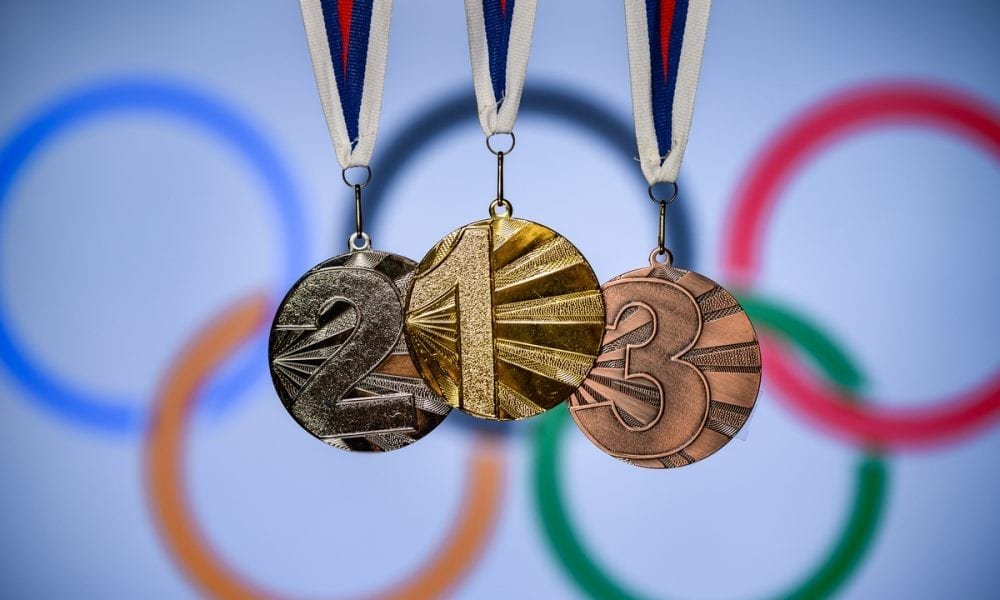The Internet is buzzing about Simone Biles. And while her decision to press pause on competing in the Olympics speaks volumes about the importance of mental health and self-care and so much else, there was one thing that really stood out to me about this historic moment: the strength it takes to say no and stick with it.
We’re good at quoting Matthew 5:37 which says, “let your yes be yes and your no be no.” But I think we tend to focus on the first part of that phrase because yes is more appealing. We want people to say yes and then follow through. To say yes and do it wholeheartedly. But just as important as meaning your yes is meaning your no.
Personally, I’m not good at letting my no be no. Instead…
I say no and feel guilty.
I say no and then criticize how others are doing it.
I say no and then do it anyways.
I say no and have major FOMO.
I say no and feel bitter towards those who said yes.
We often think our “yes” is the greatest thing we can give to others. And sometimes that’s true. But other times, the best thing we can give them is a gentle but genuine no – and then be okay with what follows.
Shortly after Simone said no, Suni Lee won the all-around Olympic gold medal – with Simone in the audience cheering her on. I can’t imagine what was going through Simone’s mind in that moment, but it convicted me of the times I had let my halfhearted no get in the way of someone else’s resounding yes. Our no can often be the catalyst for their yes.
Saying no doesn’t mean we can’t cheer for someone else’s yes. Saying no doesn’t mean we aren’t setting an example. Saying no doesn’t mean we aren’t following through. In its own way, saying no is a victory.
So let’s get better letting our no be no. Let’s give others permission to say no. Let’s say no like we really mean it.


#truth.
This is a good teaching. Packed with wisdom.
I was thinking the same thing, how Simone’s “no” led to Suni’s “yes!”
Keep writing.